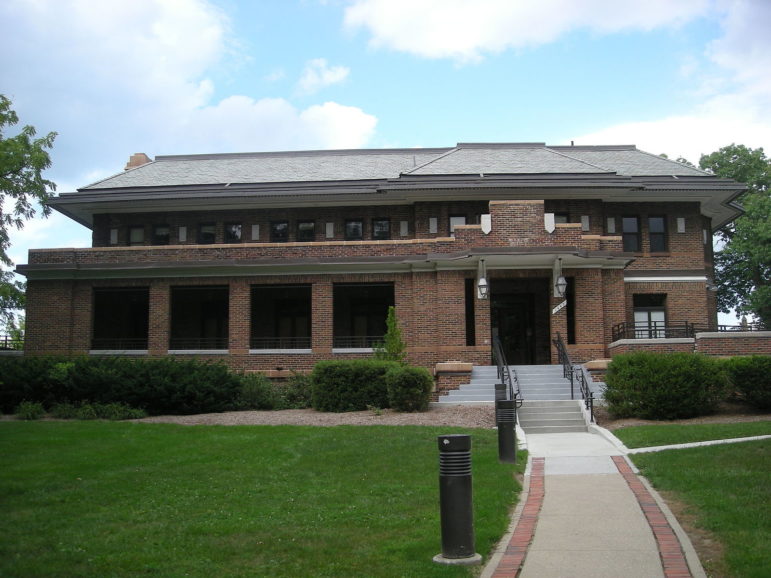
July 22, 2016; Detroit Free Press
Mark Bernstein and his wife, Rachel Bendit, have withdrawn their $3 million gift to the University of Michigan. The gift, intended to provide major support for a $10 million multicultural studies center, had caused friction on campus because, under standard university naming policies, the gift would result in the couple’s names taking precedence over that of William Monroe Trotter, a founder of the NAACP whose name is the only African American name on a campus building on the U-M’s Ann Arbor campus.
Unlike other major donors, Bernstein (who is a regent at Michigan) and Bendit didn’t condition their gift on naming rights—they wanted to support the work:
When we realized that [the gift] was not necessary for the building to be built, and hearing from people on campus about their concerns, we decided to restart the process.
Sign up for our free newsletters
Subscribe to NPQ's newsletters to have our top stories delivered directly to your inbox.
By signing up, you agree to our privacy policy and terms of use, and to receive messages from NPQ and our partners.
This is societal change that we ran toward but got caught in the middle of. We’re not running from it and plan to still be involved and supportive. We have never sought to put our name on anything at the university. The bulk of our philanthropy we have done privately. We wanted to make this gift as a public statement of our commitment to [multiculturalism]. We appreciate this is an enormously complicated issue and situation. We wanted to show that we, as white Jewish leaders, are very supportive of the work being done.
University officials confirm that the building project will continue and that Trotter’s name will continue to be prominent for both the new building and the multicultural program at the university. Bernstein and Bendit will look for other ways to support multiculturalism on campus.
Legacy names on campus buildings are problematic for many institutions seeking new funding that is often conditioned on naming recognition. One solution is to separate the naming for the building from the naming of the program or course of study housed in the building. As U-M students and other stakeholders noted in their protest of how the institution’s naming policy would affect Trotter’s legacy, sometimes the need for protecting and honoring a legacy is more important than recognizing current major donors. Fortunately, U-M was able to accommodate a group of stakeholders without either sacrificing the opportunity to build a new campus multicultural center or alienating other stakeholders, a major donor couple, one of whom helps govern the institution and both of whom are alumni.—Michael Wyland













